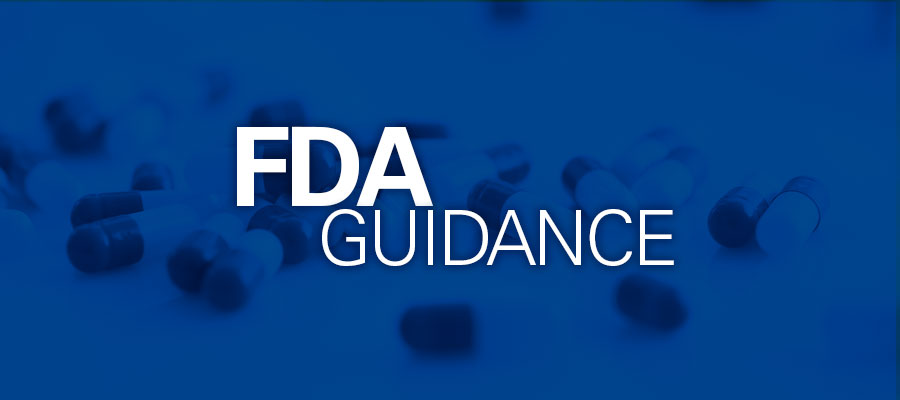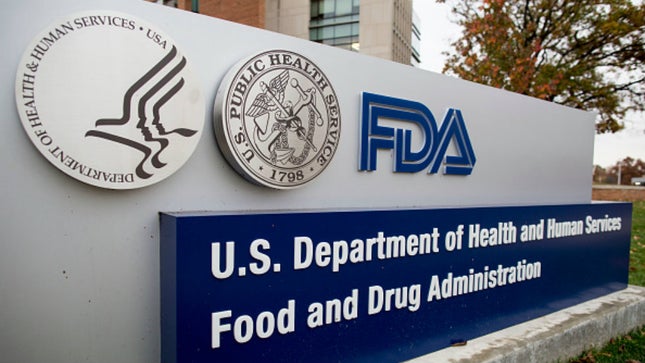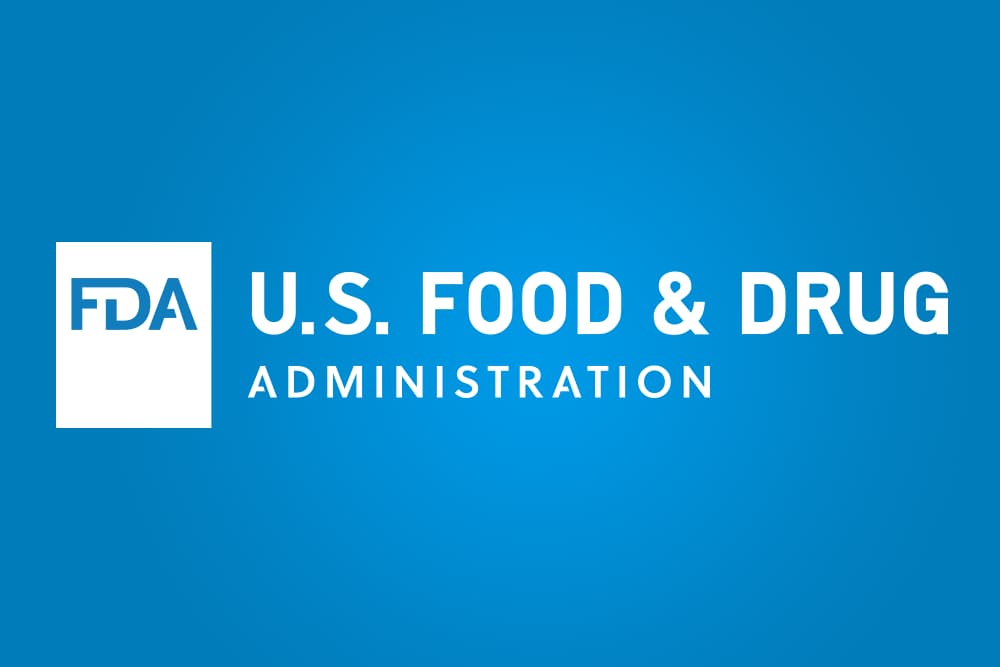The Food and Drug Administration (FDA) of the US has published an updated version of its guidance document dedicated to the coagulation systems for measurement of viscoelastic properties.

The initial version of the guidance was published earlier on January 14, 2021. Due to the importance of the matters addressed therein, the present guidance is subject to immediate implementation without the usual process of public consultations prescribes by the general rule. However, the industry representatives and other parties involved in operations with medical devices still may submit their feedback and comments to be considered by the FDA for future improvement of the regulatory approach. It is also important to mention that due to its legal nature, the FDA guidance does not introduce any rules or requirements to be followed, but provides additional clarifications and recommendations instead. Moreover, the Agency states that an alternative approach could be applied, providing that such an approach complies with the applicable regulations and has been agreed with the authority in advance.

Background Overview
The present FDA guidance introduces a special regulatory approach to be applied in the context of the outbreak of the Coronavirus Disease 2019 (COVID-2019) caused by the virus SARS-CoV-2 or the “novel coronavirus”, and the public health emergency associated thereto. In particular, the new framework is intended to ensure and expand the availability of coagulation systems for the measurement of whole blood viscoelastic properties used to assess hemostasis. The Agency additionally emphasizes that the regulatory approach introduced by the present guidance would remain effective only during the pandemic.
According to the document, it was identified that COVID-infected patients often face hypercoagulability (an abnormally increased risk for blood clotting). On the basis of the data available, the Agency states that hypercoagulability occurs mostly in the case of patients with acute respiratory distress syndrome (ARDS). In this regard, the availability of coagulation systems for the measurement of whole blood viscoelastic properties becomes especially important. Thus, the FDA has issued the present guidance introducing the special measures intended to address the matters highlighted hereabove. The systems described in the present guidance could be used to identify changes in coagulation status. Usually, they are being used in the perioperative period or in case of traumatic injury or event. The Agency states that modified use of these devices in hospital patient healthcare settings may increase access to the important examination of whole blood viscoelastic properties to facilitate patient management by healthcare provides during the COVID-19 public health emergency.
The scope of the regulatory policy introduced by the present FDA guidance covers coagulation systems already placed on the US market in accordance with the applicable rules and regulations, which were modified to be used in the context of the COVID-19 outbreak. These devices are initially intended to be used for measuring the dynamics of clot formation, firmness, and dissolution as affected by the kinetics of thrombin generation, platelet activation, fibrin generation, clot strength, clot stability, and inhibitory effects in the whole blood. As an output, these devices provide semi-quantitative results with a graphical representation describing the changes occurring within the period of time.
In particular, the scope of the present guidance covers the following medical devices:
- Multipurpose system for in vitro coagulation studies, subject to regulation under 21 CFR 864.5425 with the product code JPA, and
- Coagulation system for the measurement of whole blood viscoelastic properties, subject to regulation under 21 CFR 864.5430 with the product code QFR.
Both types of medical devices outlined here are Class II medical devices as defined in accordance with the applicable risk-based classification.
New Policy for Coagulation Systems
Due to the factors outlined here above, the FDA finds it necessary to increase the availability of coagulation systems that could be used for testing and managing coagulopathies during the COVID-19 outbreak. The number of systems available should be sufficient to meet the increasing demand hospitals and other healthcare facilities are facing nowadays. When creating the present policy, the Agency intended to find an optimal balance between the availability of modified medical devices and ensuring they still met any and all applicable safety and performance requirements. The new approach developed by the FDA is flexible enough to tolerate certain modifications to be made to coagulation systems intended to be used during the pandemic. The FDA mentions that nowadays coagulation systems for measurement of whole blood viscoelastic properties have not been cleared or approved for use in hospital patient healthcare settings. At the same time, the regulating authority acknowledges the importance of such use in the context of the pandemic, so it is not going to object to limited modifications related to indications, functionality, hardware, and/or software of the coagulation systems for measurement of whole blood viscoelastic properties providing that such modifications do not result in a significant increase of risks associated with the use of such devices. According to the new policy, the medical device manufacturer may waive the requirement to submit a premarket notification under section 510(k) of the FD&C Act before implementing such changes. Thus, the new approach introduced by the present FDA policy could be used in cases when a medical device manufacturer is required to make the aforementioned submission due to the nature of intended changes.
At the same time, the medical device manufacturer still has to duly document the changes made and to keep both master records and change control records to be able to provide them to the regulating authority upon request. However, the Agency additionally emphasizes that the reporting requirements related to the corrections and removals, as well as labeling requirements set forth by current legislation, remain applicable.

Allowed Modifications
In order to assist medical device manufacturers in applying the new policy described herein, the FDA guidance provides additional clarifications regarding the particular modifications covered by the scope of the present policy for coagulation systems. Such changes could be related to the software and hardware and include, inter alia, the following ones:
- Expansion of indications for use beyond the cleared indications to include hospitalized patients suspected of a COVID-19 associated coagulopathy;
- A change to the indication for use to include use in hospital patient healthcare settings by trained healthcare professionals; or
- Hardware of software modifications that support the relocation of these devices to not previously reviewed or cleared hospital patient healthcare settings with testing performed by trained healthcare professionals, or hardware or software modifications intended to reduce electromagnetic emissions in confined spaces in order to prevent electromagnetic interference with surrounding systems.
The document also outlines the use scenarios in which, as presumed by the Agency, the use of modified coagulation systems would not result in additional risks for patients` health.
Summarizing the information provided here above, the present FDA guidance describes the new regulatory policy for coagulation systems for measurement of whole blood viscoelastic properties used in the context of the COVID-19 outbreak. In particular, the Agency outlines the scope of tolerated changes to such systems the medical device manufacturers are allowed to implement in order to ensure and expand the availability of the coagulation systems during the pandemic to meet the increasing demand.
How Can RegDesk Help?
RegDesk is a next-generation web-based software for medical device and IVD companies. Our cutting-edge platform uses machine learning to provide regulatory intelligence, application preparation, submission, and approvals management globally. Our clients also have access to our network of over 4000 compliance experts worldwide to obtain verification on critical questions. Applications that normally take 6 months to prepare can now be prepared within 6 days using RegDesk Dash(TM). Global expansion has never been this simple.
Sources:

